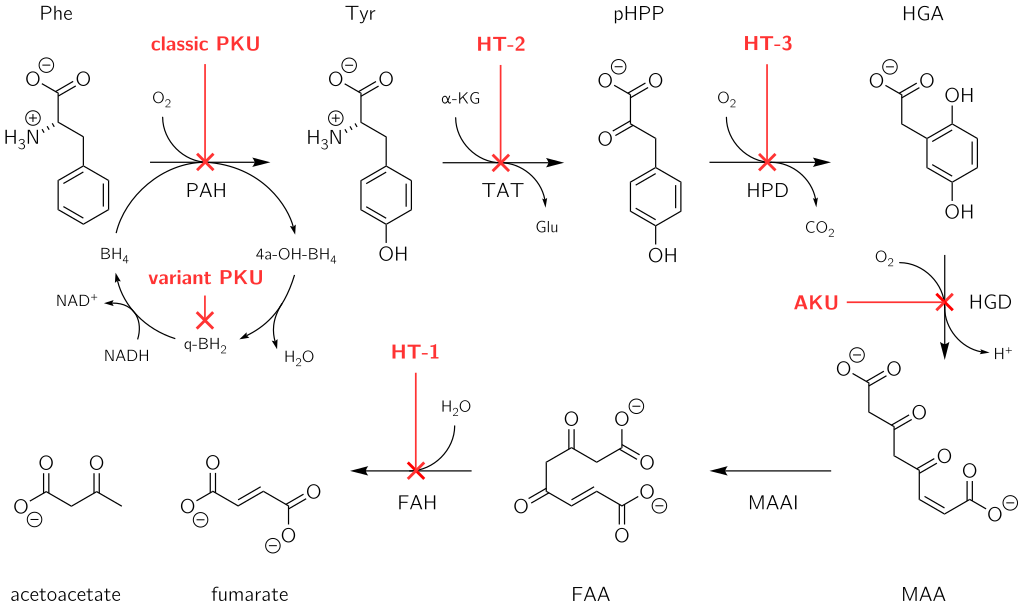Use of Clomiphine Citrate in Male Infertility
Recent Blog

Use of Clomiphine Citrate in Male Infertility
Date:- 2017-01-09 00:00:00
Male infertility is a relatively common condition caused by low sperm production, immobile sperm, or blockages that prevent the delivery of sperm. This condition can be caused by a variety of illnesses, injuries, chronic health problems, lifestyle choices, other factors, or idiopathic, in which abnormal semen parameters occur without an identifiable cause. Medical management traditionally focuses on correcting endocrine abnormalities related to hormone deficiencies. Clomiphene citrate is an ant estrogen thought to increase sperm parameters in males attempting to conceive. After the discovery that Clomiphene-citrate (Clomid) increased the secretion of gonadotropins, it was first used to induce ovulation and later on it was also used in males in certain cases of infertility. The effects of Clomid on the hypothalamic-pituitary level made it also possible to use it for a dynamic evaluation of the hypothalamic-pituitary gonadal axis in both females and males. Hormonal abnormalities as the primary cause of male infertility occur in some men presenting with low fertility. A low testosterone can cause low sperm production and can cause problems with erections and ejaculation. Testosterone replacement is very important because it restores sperm production and significantly increases the quality of life. Synthetic testosterone replacement (shots or gels) should not be used. Clomiphene citrate, a steroid drug related to estrogen (female sex hormone), has both anti-estrogenic and estrogenic effects. In men with oligospermia (low sperm count), clomiphene has been used to increase gonadotropin secretion, which, in turn, may stimulate testosterone release and improve sperm output. Clomiphene usually is given in oral daily doses of 25-50 mg for a 6 to 9-month period



















.png)


